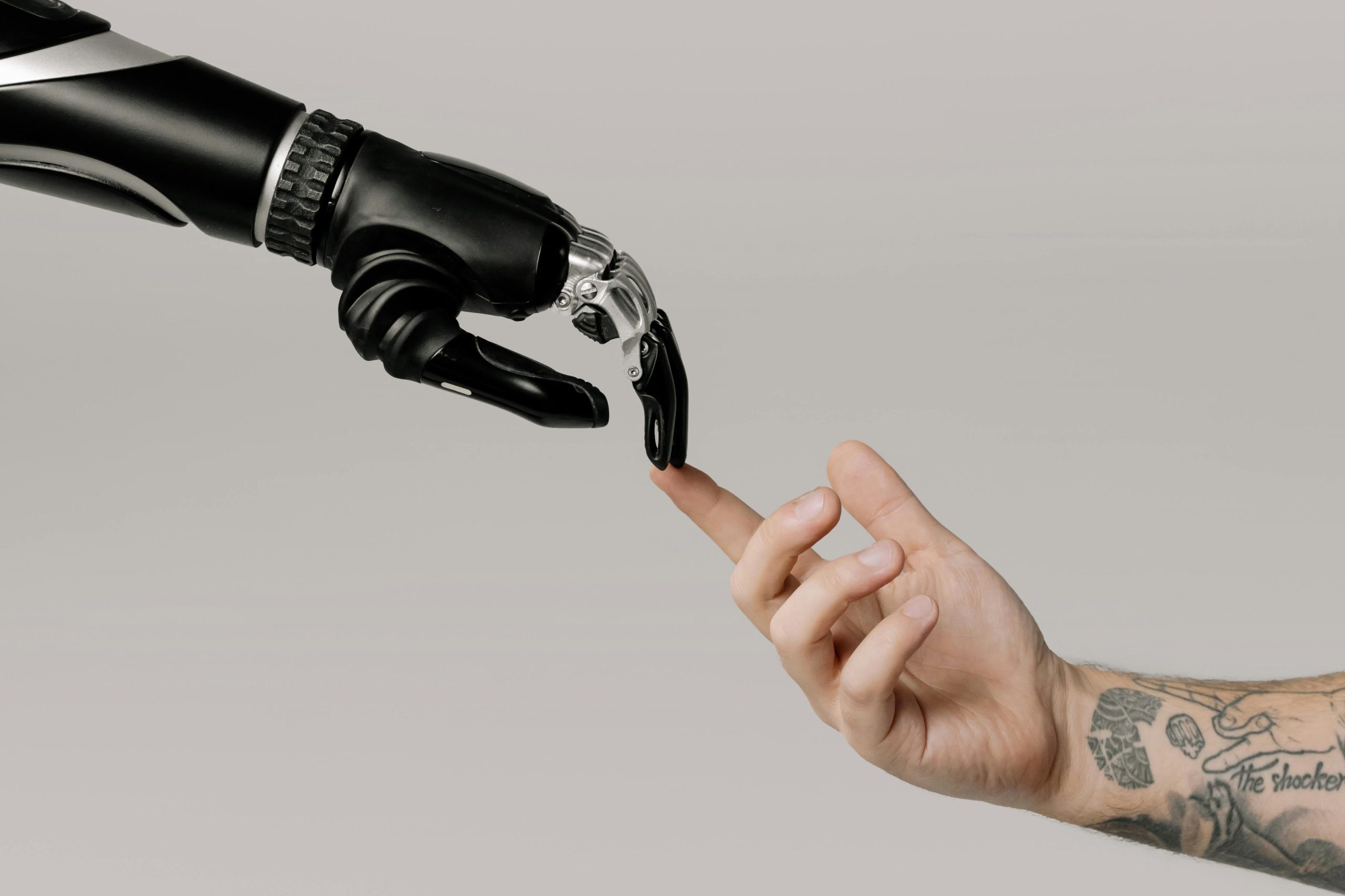Magnetic Resonance Imaging (MRI) is a crucial medical procedure that produces clear and detailed images of the inside of the body without the use of radiation. It has become an essential tool that enables healthcare providers to diagnose and treat a wide range of medical conditions such as tumors, infections, and heart diseases. However, traditional MRI scans come with limitations such as long scan times and reduced image quality.
Fortunately, the use of Artificial Intelligence (AI) in MRI has shown great promise in improving the speed, accuracy, and quality of these scans. In this article, we’ll explore how AI is revolutionizing the field of MRI and the impact it could have on the healthcare industry.
How AI Enhances MRI Scans
One of the most significant ways AI is transforming MRI scans is by improving their quality. AI algorithms can analyze the data collected during an MRI scan and then create high-resolution images with better contrast and fewer artifacts than traditional MRI scans. Furthermore, AI techniques can improve the quality of the images by reducing motion artifacts, which can degrade an MRI scan’s image quality.
In addition to improved image quality, AI can also significantly reduce the time needed for an MRI scan. For instance, a study at Stanford University found that the use of AI to reconstruct MRI scans improved the speed and accuracy of the process. This reduction in time translates to less time for patients on the MRI machine and more patients being able to receive the scan, leading to more efficient use of already limited medical resources.
AI can also be used to assess and diagnose medical conditions accurately. For example, researchers have developed AI-powered algorithms to create detailed functional maps of the brain based on MRI scans. Using this technology, doctors can better understand how the brain works and identify potential issues earlier. AI-based technologies can also deliver accurate volumetric measurements to help assess how much healthy brain tissue can be saved from damage in neuro MRI scans.
Benefits of AI in MRI Scans
The benefits of using AI in MRI scans are numerous. Some of the most important benefits include:
- Improved image quality: AI algorithms can create high-resolution images with better contrast and fewer artifacts than traditional MRI scans.
- Reduced scan time: AI can analyze data collected during the MRI scan, speeding up the process.
- Increased accuracy: AI can assess and diagnose medical conditions accurately, reducing the risk of misdiagnosis.
- Reduced cost: By reducing scan time and increasing efficiency, AI can help reduce the cost of MRI scans.
The Future of AI in MRI Scans
The integration of AI into MRI scans has already shown significant potential to revolutionize the way medical practitioners diagnose and treat patients. However, there is still much research to be done in this field. In the future, AI may even help identify medical conditions before symptoms have started, allowing healthcare providers to take preventive measures. Other areas where AI is being explored in MRI scans include the reduction of the need for patient sedation during scans and making MRI scans more accessible in locations with limited resources.
AI is transforming the field of MRI scanning by improving their quality, reducing scan time, increasing accuracy, and reducing costs. As we have seen from the examples discussed above, AI has the potential to revolutionize the way healthcare providers diagnose and treat patients in the future. It is an exciting field to watch for its potential to change the way the healthcare industry operates.


